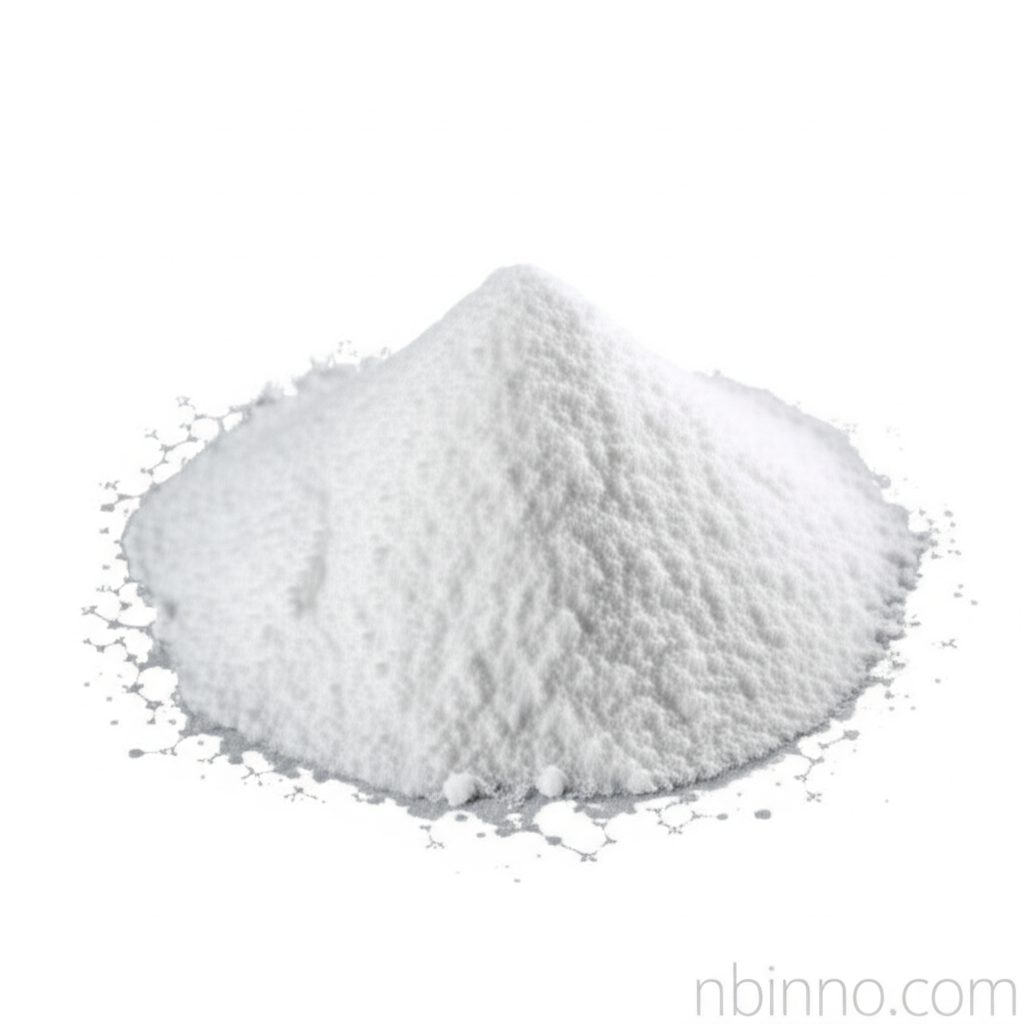Lithium Bromide (LiBr): Properties, Applications, and Advantages in Industry
Discover the versatility of Lithium Bromide, a key compound for HVAC, refrigeration, and chemical synthesis.
Get a Quote & SampleProduct Core Value

Lithium Bromide
Lithium Bromide (LiBr) is a white crystalline solid known for its exceptional hygroscopic properties, meaning it readily absorbs and retains moisture from the air. This characteristic makes it a vital component in various industrial processes.
- Discover the extensive lithium bromide industrial applications, from advanced HVAC systems to specialized chemical synthesis.
- Learn about the lithium bromide chemical properties, including its high water solubility and melting point of 550°C, which enable its diverse uses.
- Explore how lithium bromide desiccant HVAC systems utilize its moisture-absorbing capabilities for efficient dehumidification and cooling.
- Understand the principle of lithium bromide absorption refrigeration and its significance in modern cooling technologies.
Product Advantages
Superior Moisture Absorption
Leverage the remarkable hygroscopic nature of Lithium Bromide for highly effective moisture control in HVAC systems and industrial drying processes.
Energy-Efficient Cooling
Benefit from the use of Lithium Bromide in absorption refrigeration systems, offering energy-efficient cooling solutions that can utilize waste heat.
Versatile Chemical Reactivity
Utilize LiBr as a reagent in chemical synthesis, facilitating various reactions and contributing to the development of new materials and pharmaceuticals.
Key Applications
HVAC Systems
Lithium bromide is a key component in absorption chillers for HVAC systems, providing efficient cooling and dehumidification, particularly in large commercial buildings.
Refrigeration
Its ability to absorb water vapor makes LiBr ideal for absorption refrigeration systems, offering energy-efficient cooling solutions powered by various heat sources.
Chemical Synthesis
LiBr serves as a reagent and catalyst in organic synthesis, aiding in the creation of complex molecules and in various industrial chemical processes.
Battery Technology
Ongoing research explores Lithium Bromide's potential role in advanced battery technologies and material science, aiming to improve energy storage solutions.
